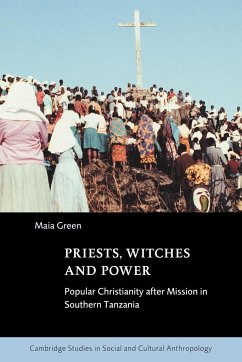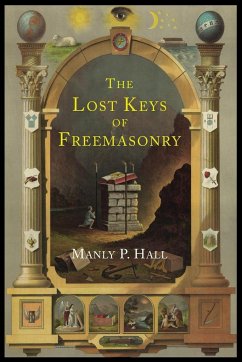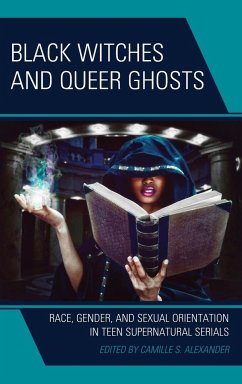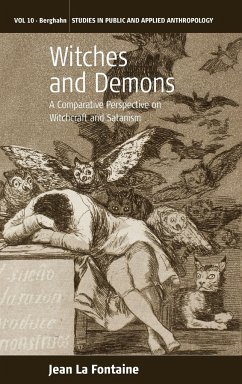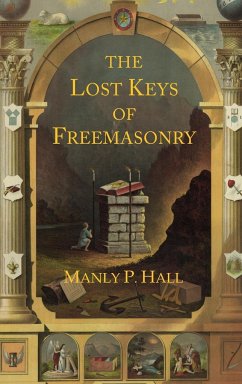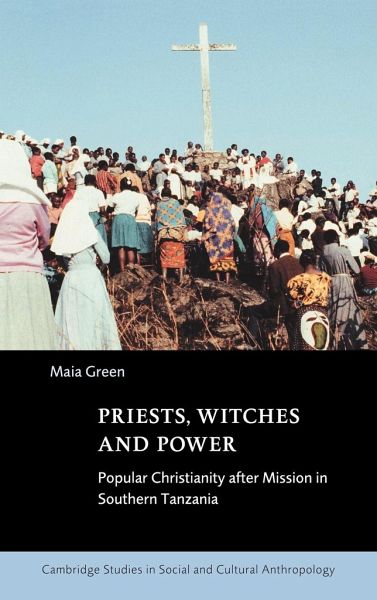
Priests, Witches and Power
Popular Christianity After Mission in Southern Tanzania
Herausgeber: Fortes, Meyer; Leach, Edmund
Versandkostenfrei!
Versandfertig in 1-2 Wochen
103,99 €
inkl. MwSt.
Weitere Ausgaben:

PAYBACK Punkte
52 °P sammeln!
In the aftermath of colonial mission, Christianity has come to have widespread acceptance in Southern Tanzania. In this book, Maia Green explores contemporary Catholic practice in a rural community of Southern Tanzania. Setting the adoption of Christianity and the suppression of witchcraft in a historical context, she suggests that power relations established during the colonial period continue to hold between both popular Christianity and orthodoxy, and local populations and indigenous clergy. Paradoxically, while local practices around the constitution of kinship and personhood remain defian...
In the aftermath of colonial mission, Christianity has come to have widespread acceptance in Southern Tanzania. In this book, Maia Green explores contemporary Catholic practice in a rural community of Southern Tanzania. Setting the adoption of Christianity and the suppression of witchcraft in a historical context, she suggests that power relations established during the colonial period continue to hold between both popular Christianity and orthodoxy, and local populations and indigenous clergy. Paradoxically, while local practices around the constitution of kinship and personhood remain defiantly free of Christian elements, they inform a popular Christianity experienced as a system of substances and practices. This book offers a challenge to idealist and interpretative accounts of African participation in twentieth-century religious forms, and argues for a politically grounded analysis of historical processes. It will appeal widely to scholars and students of anthropology, sociology and African Studies; particularly those interested in religion and kinship.
Table of contents:
Preface; Part I. Introduction: Global Christianity and the Structure of Power: 1. Colonial civilisation and the adoption of Christianity; 2. The anthropology of Christianity; 3. Civil society and rural Africa; 4. Rural power and modes of domination; Part II. Colonial Conquest and the Consolidation of Marginality: 5. Historical geographies; 6. Ethnicity and inclusion in Ulanga; 7. Establishing marginality: Maji Maji and the legacy of war; 8. German colonialism and the East Africa Company; 9. Impact of war; 10. Indirect rule and the control of nature; 11. Independence and Socialism: the nationalisation of poverty; 12. Policy continuity in the postcolonial period; Part III. Evangelisation in Ulanga: 13. Post colonial continuities; 14. Conversion and power: the Benedictine conquest; 15. Capuchin expansion; 16. Promoting national increase: the 'matrimonial agency business'; 17. The economics of mission; Part IV. Priests and Power: The Persistence of Mission: 18. The price of self-reliance; 19. The 'religion of business'; 20. Legacies of mission; 21. Priests: businessmen or ritual specialists? 22. 'African Europeans': the Africanization of the clergy; 23. The post-missionary position: Part V. Popular Christianity: 24. Formal Christianity; 25. Giving a name; 26. Being Christian; 27. Blessings and powers; 28. Son, mother and spirits; 29. Remembering Christ; 30. Embodying Christianity; Part VI. Kinship and the Creation of Relationship: 31. Gender and female autonomy; 32. The Christian family; 33. The marriage process; 34. Descent and the matrilineal opportunity; 35. Constituting paternity; 36. Gender and power: Part VII. Engendering Power: 37. Gender as process; 38. Heat and life; 39. Managing power; 40. Unyago and the fertility of women; 41. Maiden of the inside; 42. The first cucumber seeds; 43. Bathing the Mwali; 44. Containing female fertility: 45. Cumulative compassion and popular Christianity; 46. The bitterness of mourning; 47. Houses and women's space; 48. Burial; 49. The gradual removal of death; 50. Gender matters; 51. Women's work is weeping: Part IX. Witchcraft Suppression Practices and Movements: 52. Modern movements for the suppression of witchcraft?; 53. Ulanga district and the social context of witchcraft; 54. Past practice; 55. Anti-witchcraft practices and purification procedures; 56. The emergence of anti-witchcraft movements; 57. The timing of anti-witchcraft movements; 58. Public anti-witchcraft practices as a political institution in Ulanga: Part VIII. Afterword: Matters of Substance: Bibliography.
In this book, Maia Green explores contemporary Catholic practice in a rural community of Southern Tanzania, and discusses how Christianity has come to have widespread acceptance in Southern Tanzania in the historical context of colonial mission. It will appeal to scholars and students of anthropology, sociology and African Studies.
This book discusses in a historical context how Christianity has been adopted in Southern Tanzania.
Table of contents:
Preface; Part I. Introduction: Global Christianity and the Structure of Power: 1. Colonial civilisation and the adoption of Christianity; 2. The anthropology of Christianity; 3. Civil society and rural Africa; 4. Rural power and modes of domination; Part II. Colonial Conquest and the Consolidation of Marginality: 5. Historical geographies; 6. Ethnicity and inclusion in Ulanga; 7. Establishing marginality: Maji Maji and the legacy of war; 8. German colonialism and the East Africa Company; 9. Impact of war; 10. Indirect rule and the control of nature; 11. Independence and Socialism: the nationalisation of poverty; 12. Policy continuity in the postcolonial period; Part III. Evangelisation in Ulanga: 13. Post colonial continuities; 14. Conversion and power: the Benedictine conquest; 15. Capuchin expansion; 16. Promoting national increase: the 'matrimonial agency business'; 17. The economics of mission; Part IV. Priests and Power: The Persistence of Mission: 18. The price of self-reliance; 19. The 'religion of business'; 20. Legacies of mission; 21. Priests: businessmen or ritual specialists? 22. 'African Europeans': the Africanization of the clergy; 23. The post-missionary position: Part V. Popular Christianity: 24. Formal Christianity; 25. Giving a name; 26. Being Christian; 27. Blessings and powers; 28. Son, mother and spirits; 29. Remembering Christ; 30. Embodying Christianity; Part VI. Kinship and the Creation of Relationship: 31. Gender and female autonomy; 32. The Christian family; 33. The marriage process; 34. Descent and the matrilineal opportunity; 35. Constituting paternity; 36. Gender and power: Part VII. Engendering Power: 37. Gender as process; 38. Heat and life; 39. Managing power; 40. Unyago and the fertility of women; 41. Maiden of the inside; 42. The first cucumber seeds; 43. Bathing the Mwali; 44. Containing female fertility: 45. Cumulative compassion and popular Christianity; 46. The bitterness of mourning; 47. Houses and women's space; 48. Burial; 49. The gradual removal of death; 50. Gender matters; 51. Women's work is weeping: Part IX. Witchcraft Suppression Practices and Movements: 52. Modern movements for the suppression of witchcraft?; 53. Ulanga district and the social context of witchcraft; 54. Past practice; 55. Anti-witchcraft practices and purification procedures; 56. The emergence of anti-witchcraft movements; 57. The timing of anti-witchcraft movements; 58. Public anti-witchcraft practices as a political institution in Ulanga: Part VIII. Afterword: Matters of Substance: Bibliography.
In this book, Maia Green explores contemporary Catholic practice in a rural community of Southern Tanzania, and discusses how Christianity has come to have widespread acceptance in Southern Tanzania in the historical context of colonial mission. It will appeal to scholars and students of anthropology, sociology and African Studies.
This book discusses in a historical context how Christianity has been adopted in Southern Tanzania.





